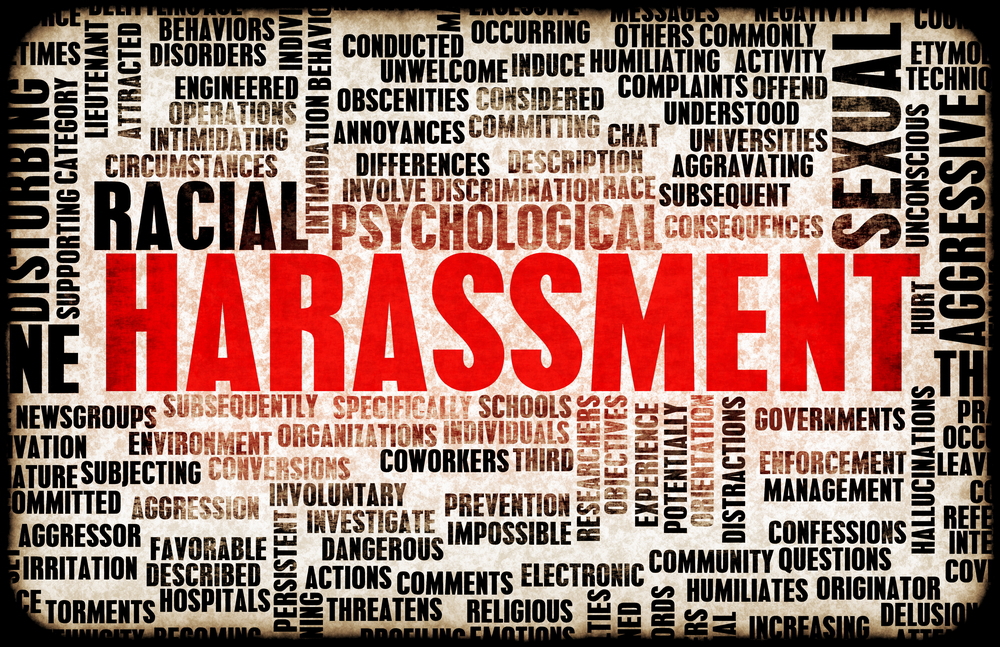Did CoreCivic Exploit Immigrant Detainee Labor?
/On April 17th, 2018 a federal class action lawsuit was filed accusing private prison CoreCivic (previously known as Corrections Corporation of America) of exploiting immigrant detainees. The detainees performed work in the ICE detention facilities, particularly Georgia’s Stewart Detention Center. According to the complaint, the private prison company violated state and federal labor laws.
CoreCivic is the largest private prison operator in the nation. It has also been the target of multiple lawsuits in a number of states where it maintains detention facilities. Allegations have included:
· Inadequate Medical Treatment
· Employee Misconduct
The company has previously been fined millions of dollars through different government agencies for various contractual violations. Previous coverage of the scandals indicates that there is a common issue threaded throughout the connected stories: a company willing to cut corners and exploit prisoners to increase their profit margin.
While there is no legal precedent uniformly restricting officials of corrections facilities from requiring healthy prisoners to perform labor, the legal status of detained immigrants is a different issue. Immigration violations are civil, therefore the detention of an immigrant is civil in nature with most detained immigrants having no criminal record/history. Regardless of these facts, detained immigrants at Stewart are subjected to prison-like conditions.
The lawsuit also indicates that CoreCivic’s use of immigrant detainee labor to pad their profits is a plan/pattern of systematically withholding basic necessities from detained immigrants to ensure an available (captive) work force to clean, maintain, and operate the facilities for below minimum wage due to threat of criminal prosecution, solitary confinement, etc. The suit refers to the actions as CoreCivic’s deprivation scheme and claims that it ensures that the people detained within Stewart provide the billion-dollar corporation with a ready supply of available labor that is necessary to operate the facility: sweeping, mopping, waxing floors, scrubbing toilets, cleaning showers, washing dishes, cooking, doing laundry, etc. In exchange for their labor, detained immigrants are paid somewhere between $1 and $4 per day by CoreCivic (slightly more on occasion for double shifts). Detainees are paid nowhere near federal minimum wage.
The lawsuit was filed by Wilhen Hill Barrientos, Margarito Velazquez Galicia and Shoahib Ahmed. Plaintiffs noted that the detained immigrants were willing to work for the extremely low wages because they needed the money to purchase necessities like hygiene items and make phone calls.
If you have questions about federally mandated minimum wage or if you are not provided minimum wage by your employer, please contact one of the experienced California employment law attorneys at Blumenthal Nordrehaug Bhowmik De Blouw LLP.










